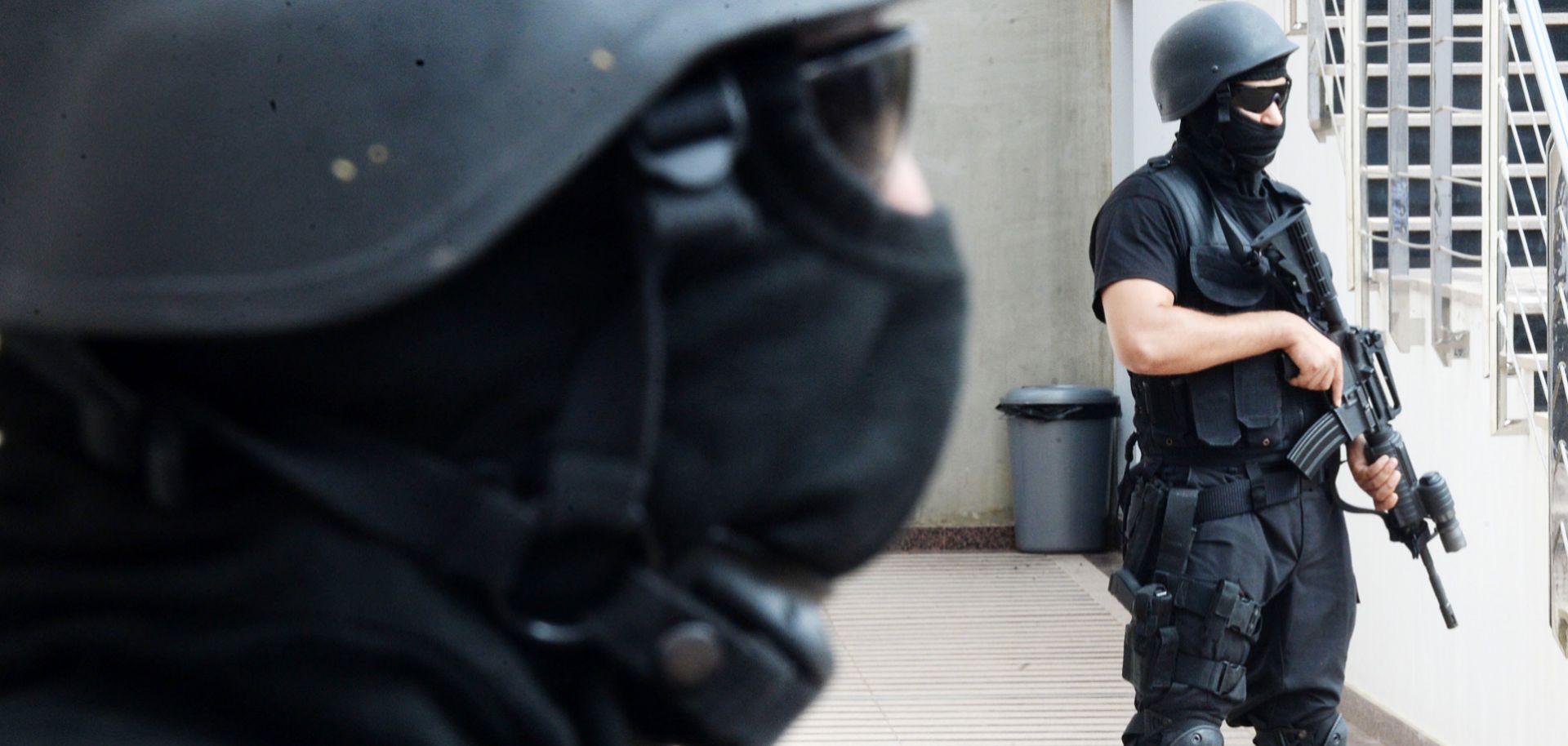When tourists are involved, authorities in Morocco have seemed hesitant to describe attacks as acts of terrorism. On Oct. 5, for instance, Moroccan authorities were reluctant to label a knife attack in Casablanca as an act of terrorism, noting instead that the perpetrator, who injured three Dutch tourists and a police officer, was mentally disturbed. Similarly, authorities attributed a November 2015 knife attack on German tourists in Fez to the two assailants' drug use. But, as we've seen in past attacks, an attacker's mental health issues or criminal activities do not preclude support for extremist groups.
That the Moroccan authorities would try to downplay any ideological motive in these attacks on tourists is not surprising. Tourism is an important industry in Morocco, attracting some 10 million foreigners visitors each year. The country's leaders, aware of the devastating effects that jihadist attacks have had on tourism in Tunisia and Egypt, doubtless want...


